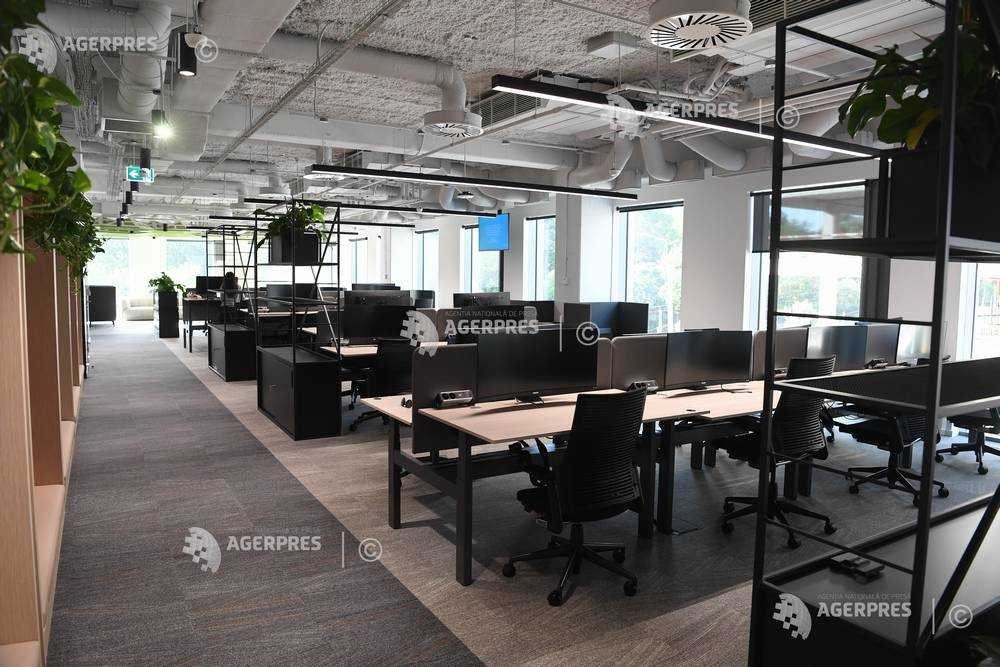
Bucharest's Office Market: Strong Focus on Sustainability Despite Slower Growth
Bucharest remains one of the most developed office markets in Central and Eastern Europe, alongside Warsaw, Prague, and Budapest, distinguished by its commitment to green building standards, according to a new report by real estate consultancy firm Colliers, CE Report quotes Agerpres
Although new office deliveries have slowed, sustainability remains a priority. Around 93% of new office buildings in Bucharest over the past seven years and 70% of buildings older than 15 years hold green certifications, reflecting a strong push for energy efficiency. Only Warsaw surpasses Bucharest in green-certified developments, with 98% of its new office stock meeting these standards.
Despite a 20% decline in total leasing demand from its peak in 2023, Bucharest’s market still exceeded the five-year average, ending 2024 with nearly 339,000 square metres of leased space. The demand for energy-efficient buildings remains high, with vacancy rates for newer, certified buildings in single digits, while older, less efficient properties see vacancy rates of around 20%.
Bucharest’s modern office stock reached approximately 3.4 million square metres in 2024, with 31% built in the last seven years. The vacancy rate for modern offices built in the last 14 years stood at 12-14%, compared to nearly 16% for those constructed before 2010. Newly built offices (0-7 years old) have a much lower vacancy rate of just 5%, indicating a strong preference for modern, energy-efficient spaces.
Limited new deliveries in 2024 and 2025 could push rents higher for Class A offices, particularly in prime locations. Current rental rates for offices under seven years old average 16.5 euros per square metre, compared to 13 euros for buildings over 15 years old. In sought-after locations like Victoriei Square, rents can exceed 22 euros per square metre.
With Bucharest lacking an oversupply of office space per capita, efforts to bring employees back to the office could further drive demand in the medium term. While building age and quality influence rents, location remains a key factor in tenant decisions, further shaping the market’s future trajectory.























